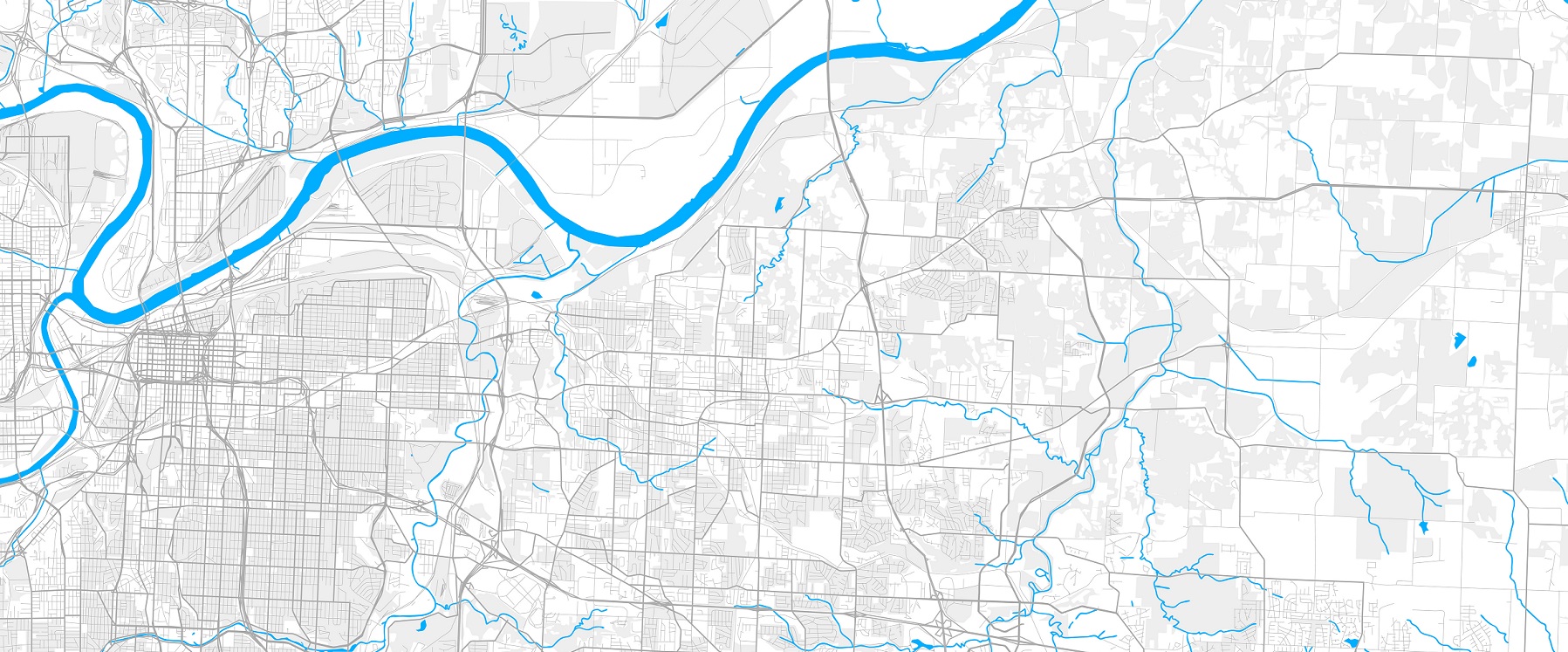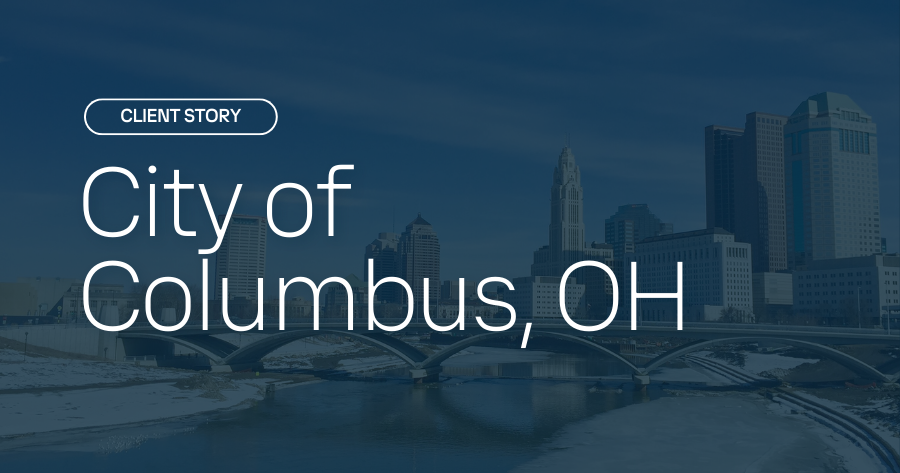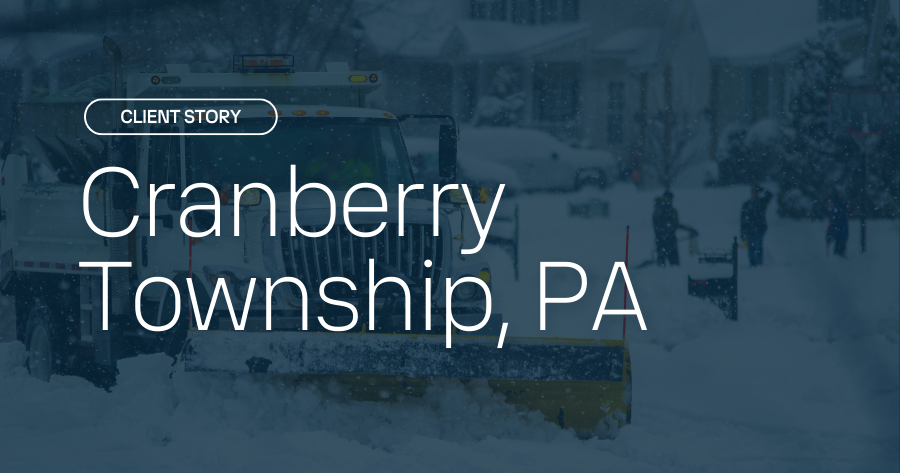The City of Independence relies on AI-based technology to improve its response to winter snow storms.
The City of Independence is located on the south bank of the Missouri River, near the western edge of the state, where summers are hot, muggy, and wet, and winters are very cold, snowy, and windy. The city faced challenges in effectively managing winter weather conditions; its previous weather forecasting systems were limited and often provided inaccurate information, leading to inefficient resource allocation and potential safety issues.
Last year, the city started using Xweather Horizon to obtain real-time, accurate weather data, including snowfall amounts, precipitation types, and road surface conditions. Xweather Horizon was integrated with the city's existing traffic management and emergency response systems.
"Instead of bringing in people at midnight or before... we said, hey, let's do it—built our forecast and operations around Xweather Horizon forecast, and we were able to save almost $10,000 in material and staff time in that one 12-hour shift..."
Zan McKinney, Operations Manager - Municipal Services, Independence, Missouri
Independence's use of Xweather Horizon in their winter maintenance planning even drew media attention: the solution has been featured on Fox4 News Kansas City - watch below!
Why Xweather Horizon?
According to Operations Manager Zan McKinney, Xweather Horizon has significantly improved the city's winter maintenance operations, thanks to its sensor-based, hyperlocal, real-time road surface measurements and enhanced AI algorithms. Here are the key benefits listed by Zan:
Improved Response Time: The city can now proactively deploy snowplows and salt trucks, reducing the time to treat roads and minimizing traffic disruptions.
Enhanced Efficiency: Xweather Horizon's detailed weather data allows the city to optimize resource allocation, using only the necessary amount of salt and labor to maintain safe driving conditions.
Reduced Costs: By preventing over-treatment and using resources more effectively, Xweather Horizon has saved the budget each winter.
Improved Safety: Xweather Horizon's accurate forecasts and real-time monitoring of road conditions enable the city to proactively address potential hazards, such as black ice and icy intersections.
Key recommendations
Zan also mentions several tips on how other municipalities can make the best use of Xweather Horizon:
Identify and prioritize your winter maintenance challenges: Clearly define the specific challenges you face in managing winter weather events, such as inaccurate forecasts, inefficient resource allocation, or safety concerns.
Seek out reputable weather forecasting solutions: Research and evaluate different weather forecasting and operational decision support systems available from reputable vendors. Consider factors such as accuracy, ease of use, integration with existing systems, and cost-effectiveness.
Pilot test the system before full-scale implementation: Evaluate the effectiveness of the selected system by conducting a pilot test during a milder winter season. Gather feedback from staff and make adjustments as needed before widespread implementation.
Provide ongoing training and support for staff: Ensure that your staff is properly trained to use the new system effectively. Provide ongoing support to help them adapt to the new technology and maximize its benefits.
Integrate the system with existing infrastructure: Ensure that the weather forecasting system integrates seamlessly with your existing traffic management, emergency response, and other relevant systems. This will facilitate a coordinated and efficient response to winter weather events.
With Xweather Horizon, municipalities can improve their winter maintenance operations, save money, and prioritize public safety. The system provides invaluable insights into weather conditions and enables proactive decision-making, leading to more effective and efficient snow and ice management practices that benefit the entire community.


